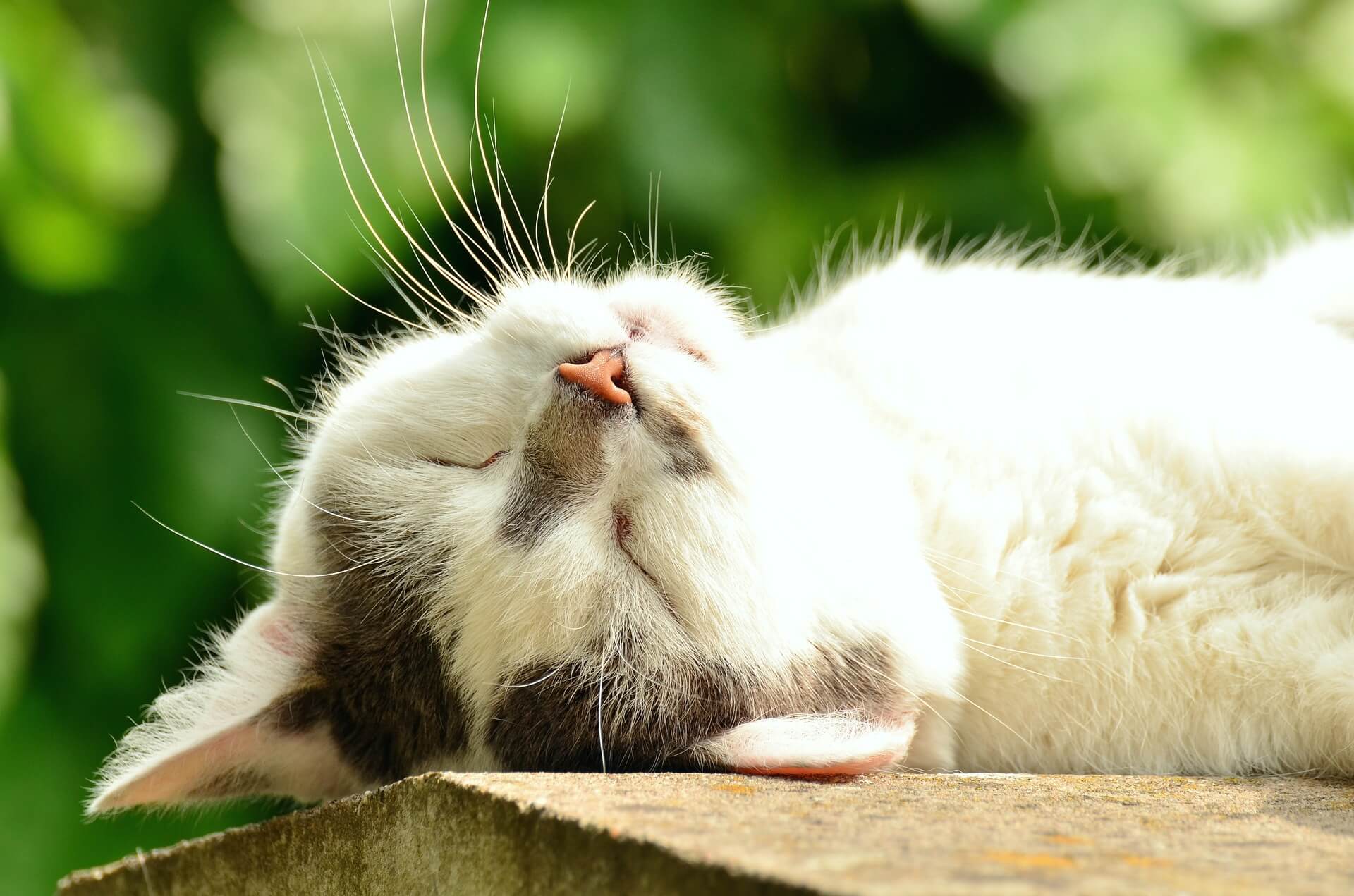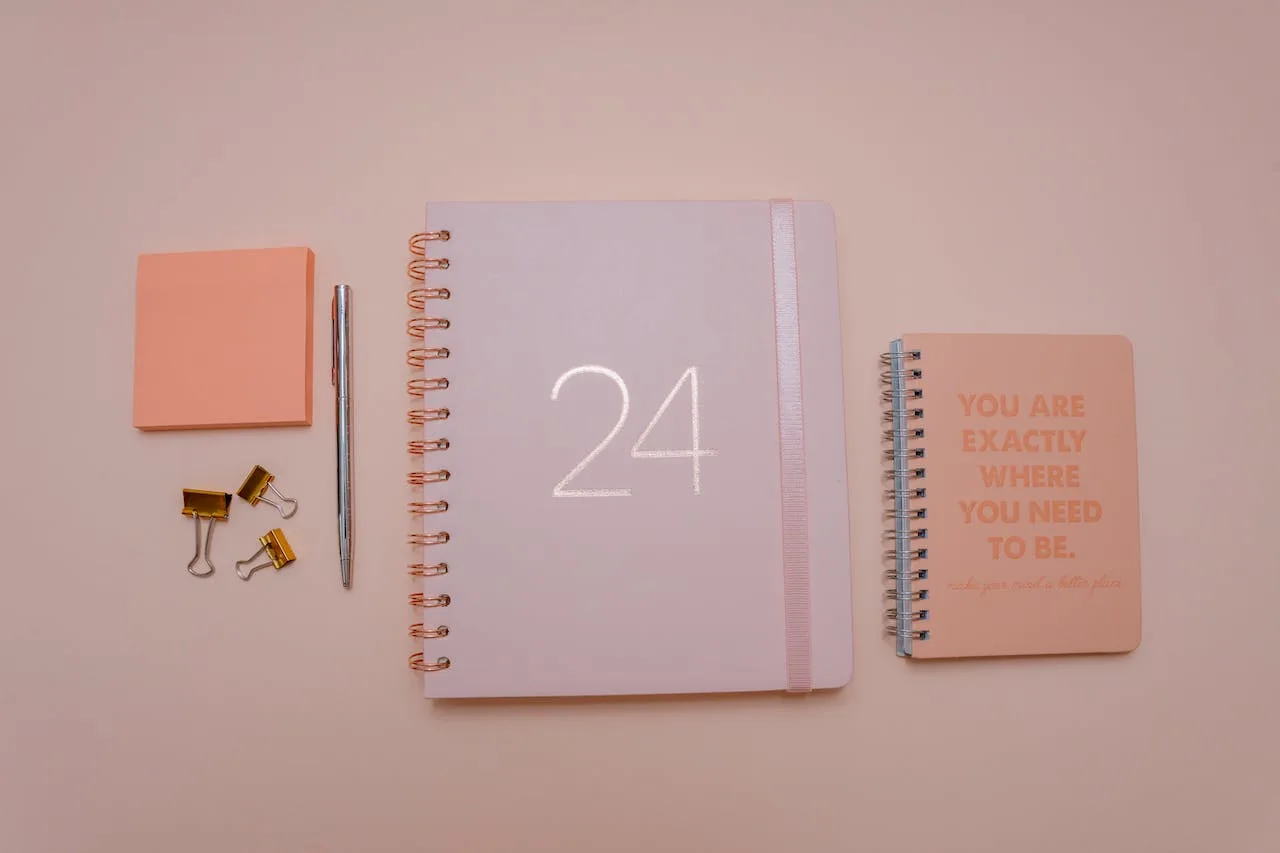As a psychiatrist sleep problems are one of the most common issues people come to me for help with. It may be the primary problem. More often, it occurs hand in hand with depression, anxiety, substance abuse, major mental illnesses such as bipolar disorder or psychosis, grief, major life changes, medical illnesses, pain, or basically any mental health problem.
What do the best sleepers do to get to sleep? Nothing – they just lie down and off they go.
What do those of us who can’t get to sleep do? A long list of things including special routines involving baths/warm drinks/music/pyjamas, a variety of over-the-counter or prescription medications, tossing and turning, searching for various pillows/beds, adjusting their fans/air conditioning, sticking to rules about whether to get out of bed or how many hours to aim for, reading books/watching TV, etc. The list can be very long.
Yet sleep is not something one can switch on or off under conscious control.
Could it be that in all our well-meaning efforts to find ways of controlling how much we sleep, we actually create conditions where it is less likely to occur?
Your likelihood of falling asleep depends on two things:
- The circadian rhythm – your body’s inbuilt clock which affects the timing of sleep and is co-ordinated with the day-night cycle
- Sleep pressure/sleep drive – this is like a timer or counter. The longer you have been awake, the stronger the desire and need to sleep
However, sleep is not like a tap or switch you can turn on at will. We need to think of sleep like a guest we’re inviting to a party, and all we can do is create conditions where it is likely to come and stay as long as possible! Yet we cannot dictate it to come, and the more desperate we are for it to visit, the more it’s likely to stay away. That is the paradox. This can be illustrated by this example: if I connected to you a sleep detector, held a gun to you and said that I will shoot unless you fall asleep, you can see how this would be impossible for you to achieve.
High arousal or stress is not conducive to sleep. This explains the phenomenon of nodding off when you give up trying to sleep. If you have had trouble sleeping, it seems intuitive that you want to work harder to make sure the problem gets solved. However in trying to fix sleep, we can paradoxically set up a pattern of stress and high arousal around bed time which further exacerbates the problem.
Here are some ways that we can inadvertently make it harder to sleep:
- Creating certain routines or conditions which we feel must be in place to get to sleep
- Having mental rules about what type of sleep or how many hours we should get
- Trying to go to bed early to ensure it occurs
- Turning down social or meaningful activities to focus on getting sleep
- Getting angry about not being able to sleep
- Worrying about the consequences of not being able to sleep – eg “I won’t cope tomorrow”, “I really need to sleep now”, “this is not good for my health”
Here are some suggestions to let go of the battle and change your relationship with sleep (and therefore reduce arousal):
- Don’t build elaborate routines or set up strict rules
- Ensure you spend your day and evenings doing what you care about and is meaningful to you
- Know that there is no “normal” sleep, and let go of expectations of what that should be
- Learn to be flexible and accept whatever occurs
- Practise noticing your bodily sensations, breath, sounds or thoughts that are present if you are not asleep, and learn to be with what is there – there are many mindfulness apps that can help teach you this
- Commit to doing what you can the next day, regardless of how your sleep was the night before
- Be kind to yourself with yourself when tiredness impacts on what you can do during the day
Here are some general things which can get in the way of sleep to be aware of:
- Caffeine or other stimulants
- Strenuous exercise late in the evening
- Mentally stimulating activities late in the evening
- Electronic screens of any sort, especially if this involves high arousal activities such as posting on social media, planning or purchasing
Once you take this approach, the natural circadian rhythm and sleep homeostasis can be free to do what they naturally do. This explains how the good sleepers do it – without trying.




